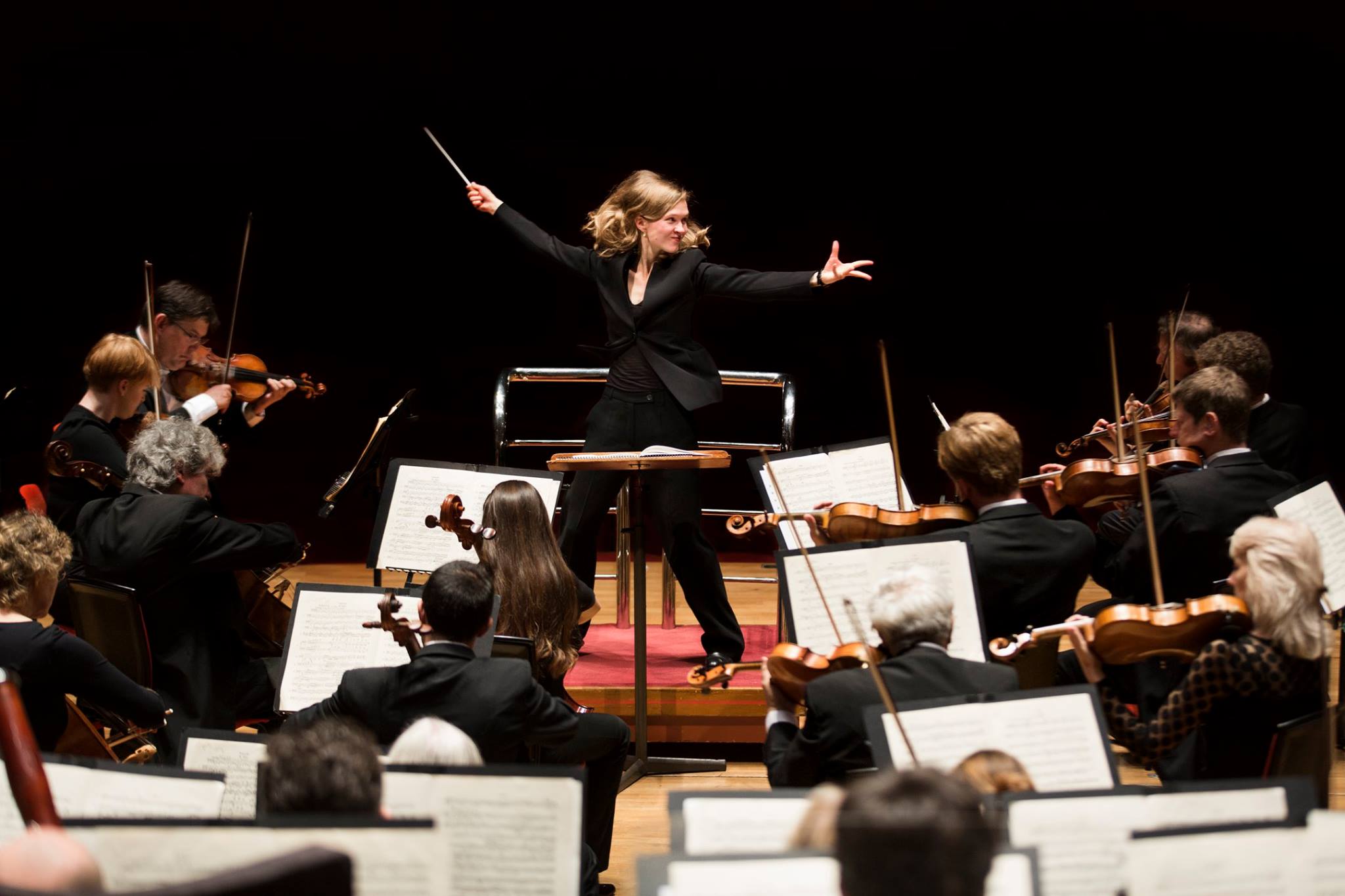
Most people have no idea what these maestros do outside the handful of concerts they lead each year. Mjsic it’s no surprise that the general population has little clue as to how much these conductors make each year, beyond the vague perception that it’s «a lot» of money. And it certainly can be. Feel free to take a moment or two to pick your jaw off the floor. Whether it’s the sheer amount of money or the wide margin in compensation for the conductors in Texas’ two major cities, the numbers can be startling. Every year, Chicago-based arts consultant Drew McManus raises the cone of silence on conductors’ salaries in the U. His annual findings, which how much money does a music conductor make from IRS forms, are always keenly studied by people in the music business. His recent report, released in June, sent minor shock waves through the classical music scene by showing the wide salary gaps between conductors in major cities, and that large sum Dallas muxh its maestro, Jaap van Zweden. Top salaries paid to conductors during the season, followed by the compensation awarded the Houston Symphony’s conductor, according to adaptistration. According to the Dallas Symphony, the generous bonus «was funded entirely by a restricted gift from one individual given exclusively for this one-time occurrence.
Recording and Writing Music …
Career Search What do you want to become? Career Overview: Conductors lead orchestras, operas, and other musical ensembles during live performances. Conductors often also serve as Music Directors for the ensemble, although sometimes these are separate positions. In the capacity of Music Director, he or she will select the music for performance. The Conductor then studies the musical score to determine how it should best be interpreted. There are several different types of Conductors, including Conductors of pops groups, youth orchestras, university ensembles and symphonies, Guest Conductors, Conductors-In-Residence, etc. Assistant Conductors work closely with the Music Director. Career Articles. Quality Blog Posts. Advancement The path to advancement as a Conductor will vary according to the ensemble with which he or she is employed. Different ensembles use different titles and have different hierarchies. In general, the path to advancement would be from Assistant Conductor to Associate Conductor. The Executive Director is the overall head of the organization; this person could have a background as a Conductor or they could have a background in artistic administration.
Putting you in the picture: yes, you can earn a living on Instagram
Additionally, Conductors can advance through employment with well-known orchestras. Some Conductors are freelance, so getting a salaried position with a regional orchestra could be a step up towards eventually getting a gig with a more famous group. It’s quick and free.

New Sounds
Upload your resume Sign in. Find jobs Company reviews Find salaries. Upload your resume. Sign in.
… and Getting That Music Played
Great article in yesterday’s Chicago Tribune, on the almost football-player- level of salaries that the conductors and administrators of the big American orchestras receive. There is still a ridiculous iniquity in the way classical musicians are paid. That’s vastly more than any orchestral player in a comparable and comparably makd ensemble in Britain could hope to earn, how much money does a music conductor make it points up the proportional lack of player power in classical music: reversing the footballers’ paradigm for wild over-remuneration, it’s the conductors, AKA the managers, who receive exponentially more cash than their players. Precise figures for what British orchestras pay their maestros aren’t in the public domain; anecdotal evidence suggests it’s less than in the States, but the scale of conductors and soloists receiving many times more than rank-and-file orchestral players still holds.
The American Symphony Landscape
As John von Rhein suggests in his piece, this situation can’t go on forever in recession-hit America, where arts organisations, and especially its orchestral behemoths, are more vulnerable now than they have been for a generation. But the monstrous discrepancy between conductors’ and soloists’ salaries and those of the rank-and-file orchestral musicians remains. My musix quote in von Rhein’s article is conructor CAMI, the only conductors’ agent who responded to his request for a comment that maestros are paid too much, who said the question should rather be asked of the orchestras, «as they are the ones paying the fees». It’s not exactly in agents’ interests to change the fee structures of classical music. It’s too easy only to blame those unseen fixers of the musical world, the agents, however: the system is clearly rotten.

Comments
Post a Comment